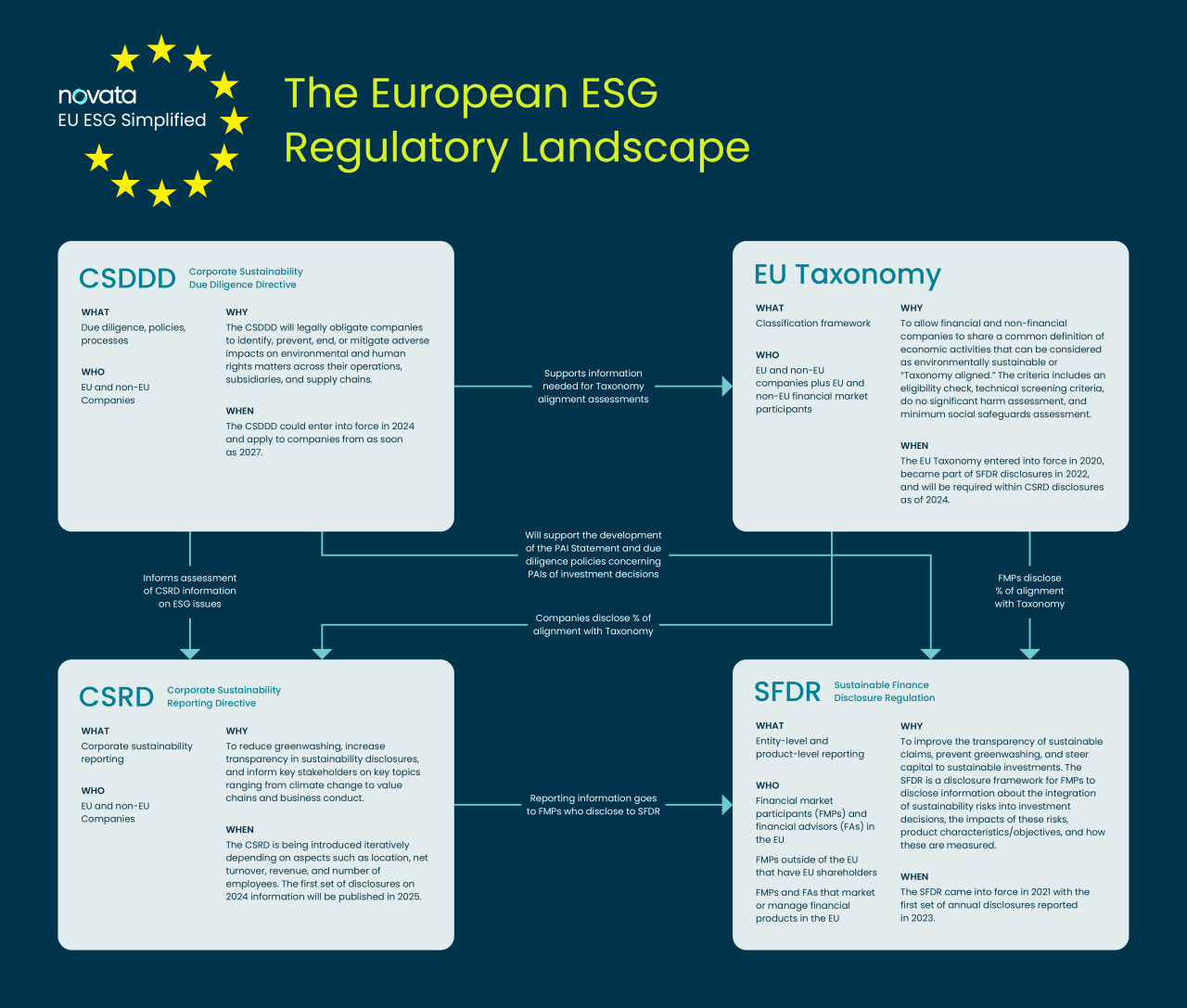As Legal requirements for dropshipping in Europe takes center stage, this opening passage beckons readers with casual formal language style into a world crafted with good knowledge, ensuring a reading experience that is both absorbing and distinctly original.
.

When it comes to dropshipping in Europe, understanding the legal framework is crucial for a successful business operation. From regulations to taxation and consumer protection laws, this guide delves into the essential requirements for dropshippers in the European market.
Legal Framework in Europe
In Europe, the legal framework surrounding dropshipping is governed by a combination of EU regulations and individual country laws. While there are overarching rules set by the European Union, each country may have its own specific requirements for dropshipping businesses operating within its borders.
Key Regulations
- The EU Consumer Rights Directive: This directive Artikels the rights of consumers when purchasing goods and services online, including dropshipped products.
- General Data Protection Regulation (GDPR): Businesses engaged in dropshipping must comply with strict data protection regulations to safeguard customer information.
- Distance Selling Regulations: These rules govern the sale of goods and services to consumers without face-to-face contact, which often applies to dropshipping transactions.
Differences between EU Regulations and Individual Country Laws
- EU regulations provide a baseline for all member states to follow, ensuring a level playing field for businesses across Europe.
- Individual country laws may impose additional requirements or restrictions on dropshipping practices, such as labeling requirements, tax obligations, or specific consumer protection measures.
Specific Legal Requirements in European Countries
- Germany:Dropshippers must comply with the German Civil Code (BGB) and the Distance Selling Act (Fernabsatzgesetz), which regulate online sales and consumer rights.
- France:Businesses need to adhere to the French Consumer Code (Code de la consommation) and the rules set by the Directorate General for Competition, Consumer Affairs, and Fraud Control (DGCCRF).
- United Kingdom:Despite Brexit, UK dropshippers must still comply with the Consumer Rights Act and the Competition and Markets Authority (CMA) guidelines.
Taxation and VAT
In the context of dropshipping businesses in Europe, understanding how Value Added Tax (VAT) applies is crucial to ensure compliance with tax regulations and avoid any penalties.
VAT Application in Dropshipping
Value Added Tax (VAT) is a consumption tax placed on a product whenever value is added at each stage of the supply chain. In dropshipping, VAT applies based on the location of the customer rather than the location of the supplier.
This means that if you are dropshipping to customers in Europe, you may need to charge VAT on the products sold.
Importance of Registering for VAT
Registering for VAT in different European countries where you are selling your products is essential to remain compliant with tax laws. Each country in Europe has its own VAT rates and thresholds, so it is crucial to determine when you need to register for VAT based on your sales volume in each country.
Failing to register for VAT when required can lead to hefty fines and legal consequences.
Implications of Non-Compliance with VAT Regulations
Not complying with VAT regulations in dropshipping can have serious consequences, including penalties, fines, and potential legal action
. It is important to keep accurate records of sales, VAT collected, and VAT paid to ensure compliance with tax authorities. Failure to do so can result in financial burdens and damage to your business reputation.
Consumer Protection Laws
Consumer protection laws in Europe play a crucial role in ensuring that dropshipping businesses uphold the rights and protections of their customers. These regulations are designed to safeguard consumers from unfair practices and ensure transparency and accountability in e-commerce transactions.
Return Policies Across European Jurisdictions
When it comes to return policies, dropshippers operating in Europe must comply with the laws of the specific countries where they conduct business. While there may be variations in the exact requirements among different jurisdictions, some common themes include:
- Providing a clear and accessible return policy on the website
- Offering a minimum period for returns, typically ranging from 14 to 30 days
- Ensuring that customers are informed about their right to return goods and receive a refund
Impact of Consumer Protection Laws on Dropshipping Operations
Consumer protection laws can significantly impact dropshipping operations in various ways. For instance, failure to comply with these regulations can result in legal consequences, fines, or damage to the reputation of the business. By prioritizing consumer rights and protections, dropshippers can build trust with their customers and establish a positive reputation in the market.
Data Protection and Privacy
In the digital age, data protection and privacy have become crucial aspects for businesses, including dropshipping operations. It is essential for dropshippers in Europe to comply with relevant laws and regulations to ensure the security and privacy of customer data.
Importance of GDPR Compliance
The General Data Protection Regulation (GDPR) is a comprehensive data protection law in Europe that sets guidelines for the collection, processing, and storage of personal data. Compliance with GDPR is essential for dropshippers as it helps build trust with customers, protects sensitive information, and avoids hefty fines for non-compliance.
Dropshippers must obtain explicit consent from customers before collecting any personal data, ensure data is securely stored and processed, and provide transparency about how data is used.
Guidelines for Secure Data Handling
- Implement strong data security measures such as encryption and secure server protocols to protect customer data from breaches.
- Regularly update and audit data handling processes to ensure compliance with GDPR requirements and to address any vulnerabilities.
- Limit access to customer data to authorized personnel only and provide training on data protection practices to all employees.
- Obtain explicit consent from customers before sharing their data with third parties and ensure data transfers are secure.
- Have a clear privacy policy that Artikels how customer data is collected, used, and stored, and provide customers with the option to opt-out of data collection.
Epilogue
In conclusion, Legal requirements for dropshipping in Europe are multifaceted and dynamic, requiring meticulous attention to detail and compliance. By staying informed and proactive, businesses can navigate the regulatory landscape effectively and build a solid foundation for sustainable growth.
Key Questions Answered
What are the key regulations governing dropshipping in Europe?
The key regulations include compliance with EU directives and individual country laws regarding product safety, consumer rights, and data protection.
How does VAT apply to dropshipping businesses in Europe?
VAT is applicable based on the location of the customer and the supplier, leading to complex tax implications for dropshippers operating in multiple European countries.
What consumer protections laws must dropshipping businesses adhere to in Europe?
Dropshippers must comply with regulations related to product quality, delivery times, refund policies, and transparent pricing to protect consumers in Europe.
Why is GDPR compliance important for dropshippers?
GDPR compliance ensures the secure handling of customer data, including obtaining consent for data processing, protecting personal information, and reporting data breaches.
 When it comes to dropshipping in Europe, understanding the legal framework is crucial for a successful business operation. From regulations to taxation and consumer protection laws, this guide delves into the essential requirements for dropshippers in the European market.
When it comes to dropshipping in Europe, understanding the legal framework is crucial for a successful business operation. From regulations to taxation and consumer protection laws, this guide delves into the essential requirements for dropshippers in the European market.









